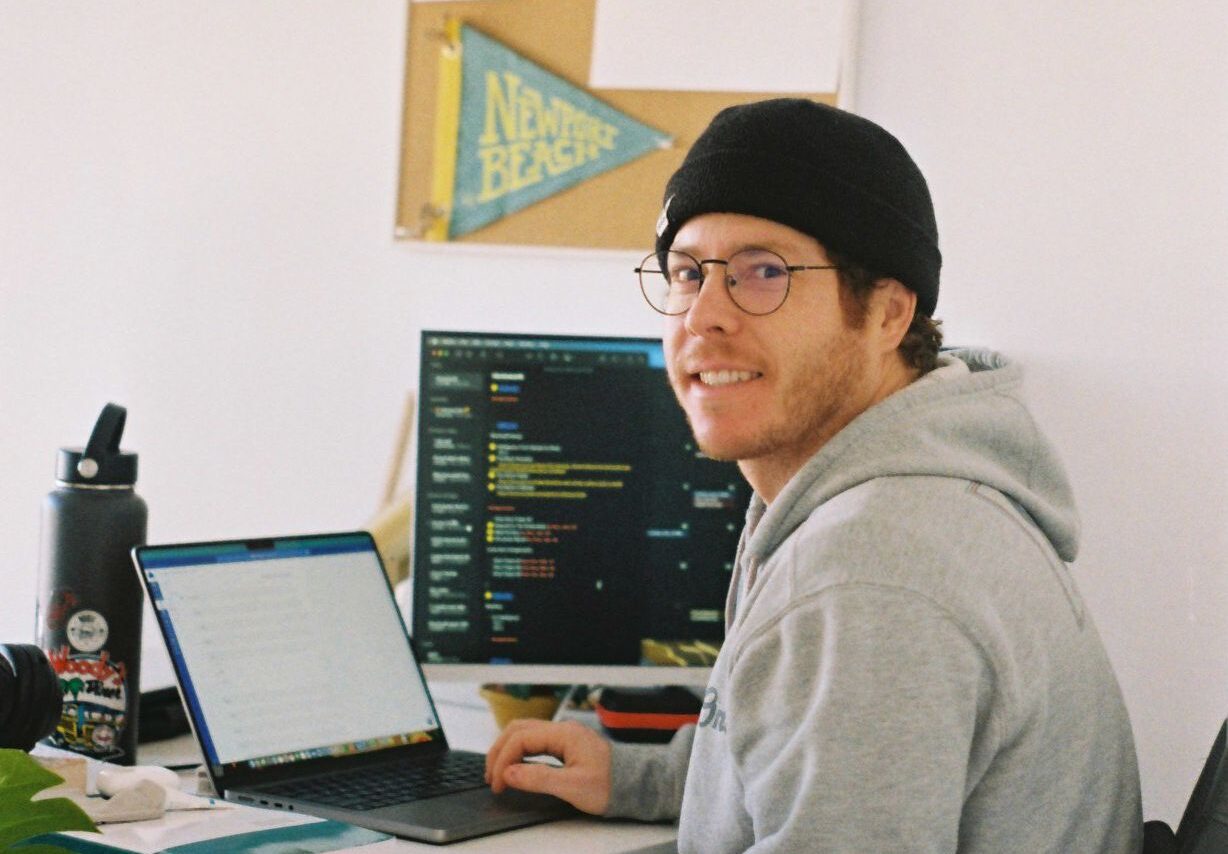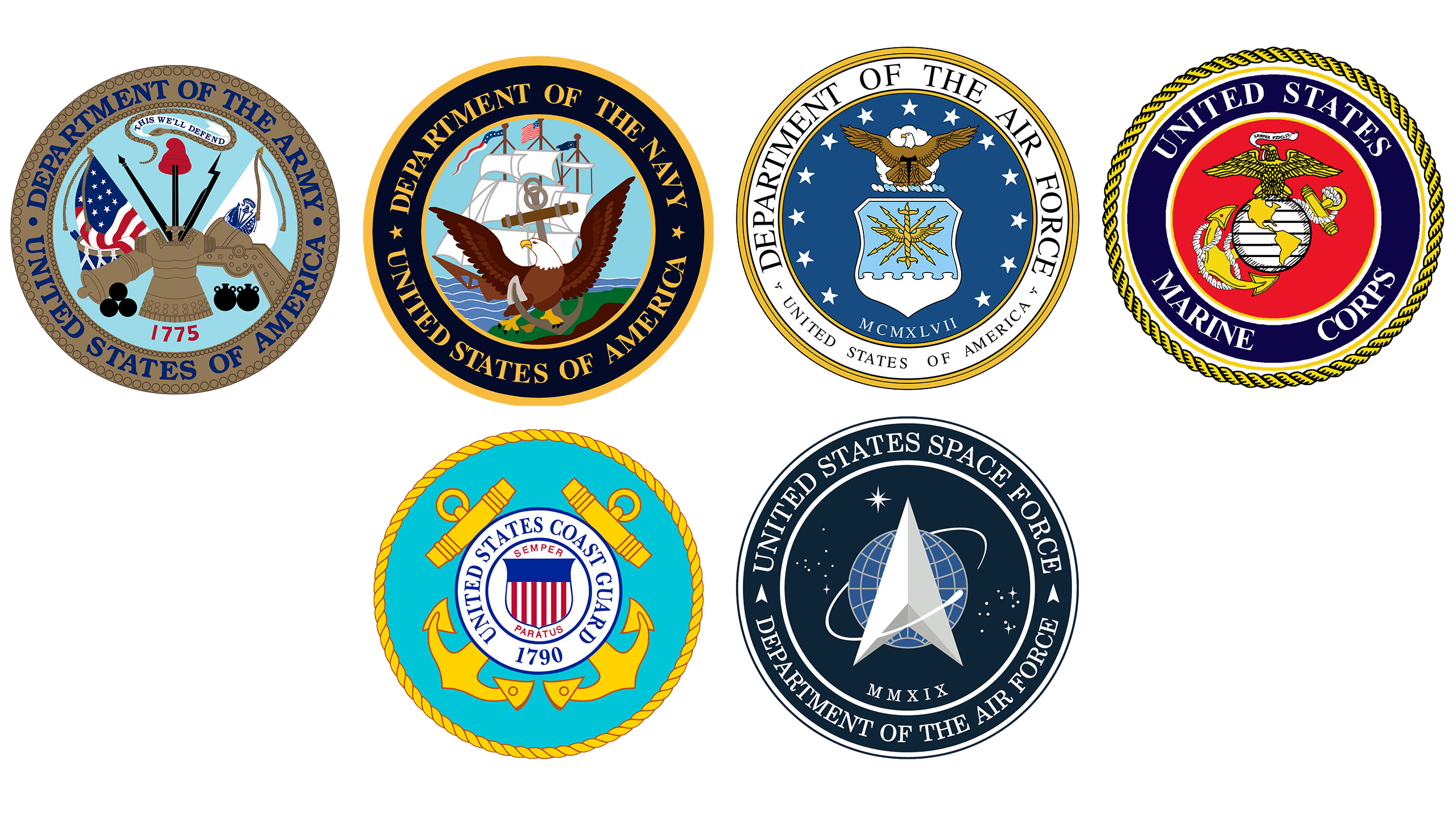Continuing Education
Chasing Your Dreams_
Since my last article, I have been swamped with messages, calls, and Zoom meetings. Although it delayed this article a bit, I can’t complain. I have been fortunate enough to speak with some extraordinarily experienced and knowledgeable individuals from various industries. I have been doing my best to be a sponge and absorb even a fraction of their knowledge, but as you can imagine, it’s tough.
One of the topics that often came up when speaking with people was my desire to continue my education despite competing professionally in motorsports. Many were shocked, and I will be honest, it confused me. I am starting to see a trend; formal education is no longer believed to be necessary for today’s society. Continued education is frequently encouraged in the military, so I found it strange after transitioning to see the opposite belief supported by many. It made me wonder if the issue is solely based on the costs associated with attending universities in the U.S. or if there is actually a shift in the workplace. Suppose I were to make an educated guess. In that case, I would say that most of this belief stems from the costs of obtaining a college degree in the U.S., not that society is evolving to the point where formal education no longer outweighs natural-born intelligence. Although I believe many individuals are born with talents that many of us are not fortunate enough to have, education is much more than learning and knowledge; it’s discipline, growth, confidence, cultural awareness, and much more.
You may be wondering what this has to do with motorsports, and this may not apply so much to those working in the industry, but those like me who desire to compete in motorsports must remember that we cannot race forever. Similarly to the military, another life awaits you at the end of the tunnel, and you must be prepared. While serving or racing, you must constantly prepare for later in life. Whether it’s starting a company or working for someone in the industry, you need to be ready, and having a formal education is one way to ensure you will be prepared.
Growing up with what can arguably be considered a living legend in motorsports as a father, I learned this firsthand. My father turned professional at 16, as did many others, without finishing school. For this reason, he ensured I gained a valuable education by attending public school all the way through high school. At the time, I was competing in various motocross championships at a national level, and I was one of very few not to be home-schooled. It made it difficult to be competitive, as I couldn’t practice as often as my competitors. However, it provided me with so much that I am grateful for—likely far more than if I had made a career out of motocross.
Despite this, things took a turn upon graduation. I lost sight of the importance of education and decided I wanted to race instead of going to college. For years, I took a few classes here and there at a local community college. I will be honest; I failed most. I had no idea what I wanted to do. I was working a minimum-wage job to help pay for school and racing. I eventually started working for my grandfather at Corona Clay Company. Those of you from Southern California or involved in the motorsports industry are likely familiar with some of his work, whether you realize it or not. Corona Clay Company manufactures baseball infield mix and supplies several parks and schools throughout California. More notable for those likely reading, they own the factory supercross test tracks (one of which can be seen alongside I-15 in Corona). Working for my grandfather made me realize I was going down the wrong path. He was such a disciplined man—up at 4 am, at the gym by 5 am, and at work by 6:30 am. Meanwhile, I was bailing on work and classes, going nowhere. That is when I realized I needed more out of life, and the next thing I knew, I was at Fort Benning, GA, for Basic Combat Training and Airborne School. As quickly as it happened, I have never once regretted the decision.

Despite four deployments, I continued going to school throughout my time in the Army. Taking one or two classes a semester, I slowly chipped away at my bachelor’s degree. As difficult as it was, I can now proudly say that I am graduating summa cum laude from Indiana State University in two weeks. I had to retake several courses from my original college days, but I kept my head down and made it happen. I needed to, not because I wanted to get a job or because I wanted to make anyone proud, but because I wanted to become a better version of myself. Even though many now say degrees are no longer necessary, I still intend to pursue my master’s degree, not because I want a good job or because society says I need it to be successful, but because I want to learn, gain invaluable experience, and be the best I can be. Am I disappointed that I am only now graduating college, at 30? Absolutely not. I couldn’t be happier. It is a considerable achievement, and I recommend it to anyone who has yet to graduate. So many before me have proven that it’s never too late to pursue your dreams and achieve success.
The same concept applies to everything in life, even motorsports. It’s never too late to change careers. Here I am at 30, aiming to compete in the NTT INDYCAR SERIES, having just got into an open-wheel car for the first time. Many would call me crazy. To those, I say to look at my father. He was also 30 when he first got into an Indy Lights car, and he went on to compete for some of the sport’s most well-known teams, such as A.J. Foyt Racing and Chip Ganassi Racing. Not only did he finish second, third, and fourth in the Indy 500, he got his first INDYCAR win at 41 and then, following his auto racing career, went on to win two X-Games SuperMoto gold medals at 45 and 47. To say that he is a role model for many is an understatement. He never quits, and neither should you. Go back to school, start that sport you love, change your career, whatever it is you want to do, DO IT. Life is too short to wonder, ‘What if?’
For those interested in entering a new sport, going back to school, or entering a new profession, I recommend using LinkedIn to your advantage. Reach out to those already in the industry and find a mentor willing to point you in the right direction. For those wanting to get into motorsports, especially those who are serving or have served our great nation, keep an eye on what I am working toward with BW Autosports, LLC. I plan to do all I can to help service members and veterans transition into employment in the motorsports industry. It’s a work in progress, so please bear with me. If you have any ideas to improve the program or are interested in partnering with BW Autosports to help improve the lives of those who kept and continue to keep us safe, please feel free to reach out to contact@bwautosports.com or partnership@bwautosports.com.
Thanks to all of you who subscribed to this newsletter. I didn’t expect so many subscriptions, but I am so grateful. I originally intended for this newsletter to focus less on me. However, after my last article, I realized that many share my thoughts, so I thought that by talking about overcoming my struggles, others could know it’s possible. Transitioning from the service doesn’t have to be as complicated as it seems.
For those of you who may be struggling, please don’t hesitate to contact me directly or, if needed, contact the Veteran Crisis Line, available 24/7 by dialing 988 and selecting 1, or by texting 838255.
Get more resources at VeteransCrisisLine.net.



